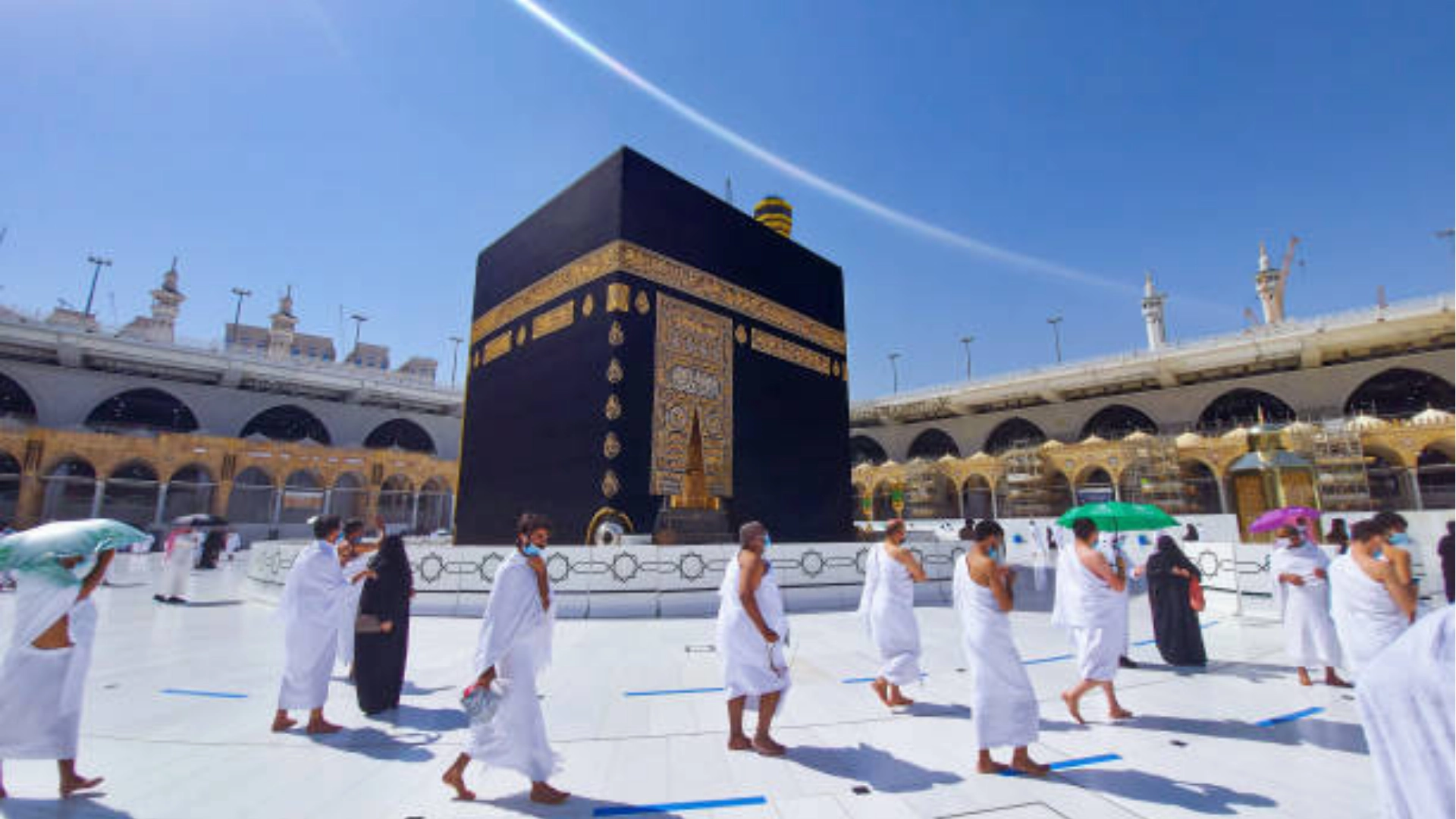One of the most profound aspects of Hajj is the Unity in Hajj that brings together Muslims from all corners of the world. Regardless of race, nationality, or social status, every pilgrim wears the same simple white attire, signifying their equality before Allah. This uniformity represents the idea that all believers are equal in the eyes of God, reinforcing the importance of unity among Muslims. The shared experience of performing the same rituals fosters a strong sense of togetherness and mutual respect, further enhancing the sense of brotherhood in Islam.
The concept of Islamic brotherhood is at the core of the Hajj experience. Pilgrims engage in communal activities such as prayers, Tawaf, and the stoning of the Jamarat, which emphasize the idea that all Muslims are part of one global family. This brotherhood transcends worldly differences and focuses on the spiritual connection between individuals. It is a reminder that, despite external differences, all Muslims are united in their worship of Allah and in the pursuit of spiritual growth.
Hajj serves as a vibrant Hajj community, where individuals from diverse backgrounds gather to worship together in a harmonious environment. This sense of community promotes understanding, cooperation, and shared devotion, as pilgrims support one another throughout their journey. It strengthens the bonds of love and solidarity among Muslims, demonstrating the power of collective worship and collective action in Islam.
Equality in Islam is beautifully demonstrated during Hajj, as everyone is given the same rights, opportunities, and responsibilities, regardless of their social or economic status. This reflects the broader Islamic principle that all Muslims are equal before Allah. Finally, the universal Muslim gathering at Hajj symbolizes the unity of the global Muslim Ummah, reminding believers that they are part of a larger community that transcends borders, cultures, and languages.

